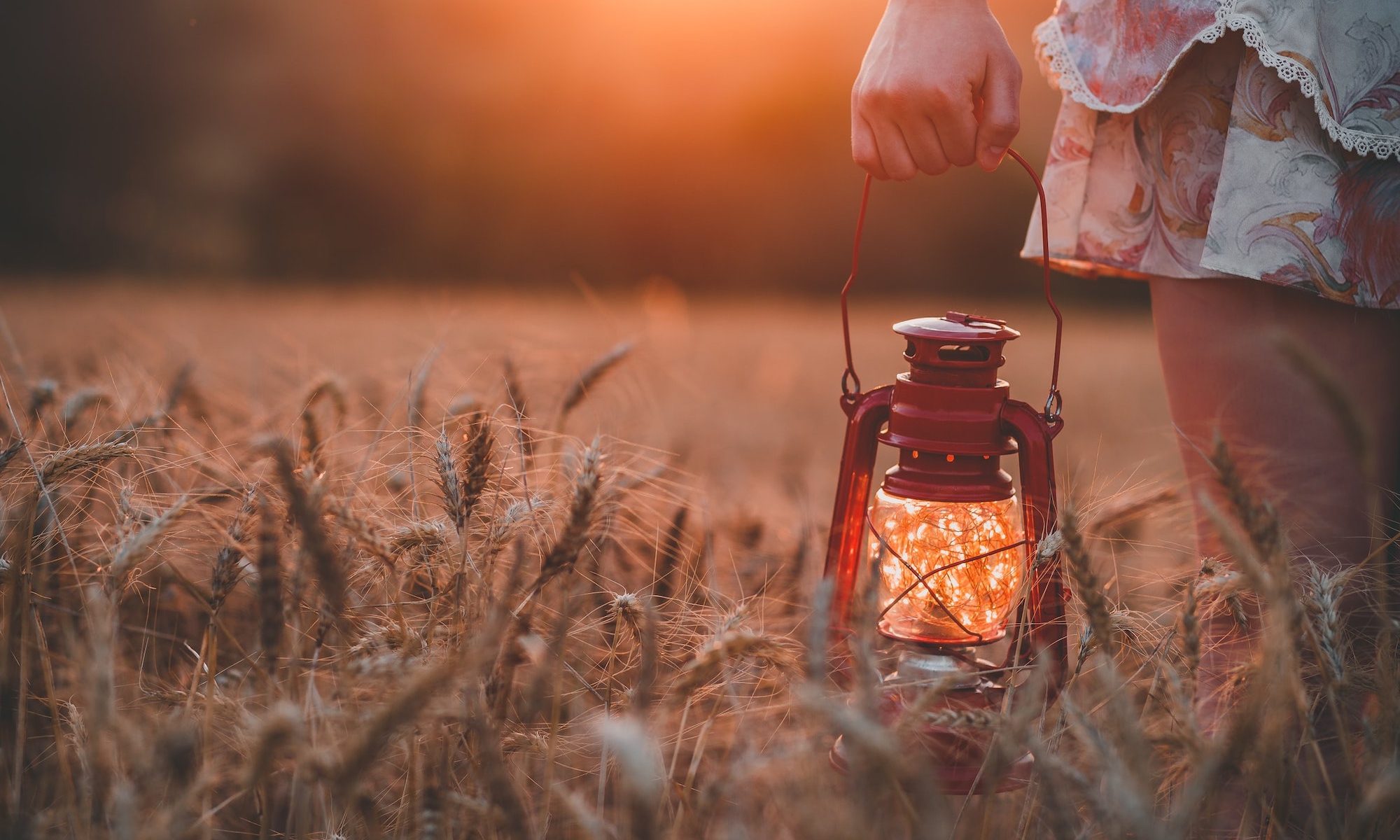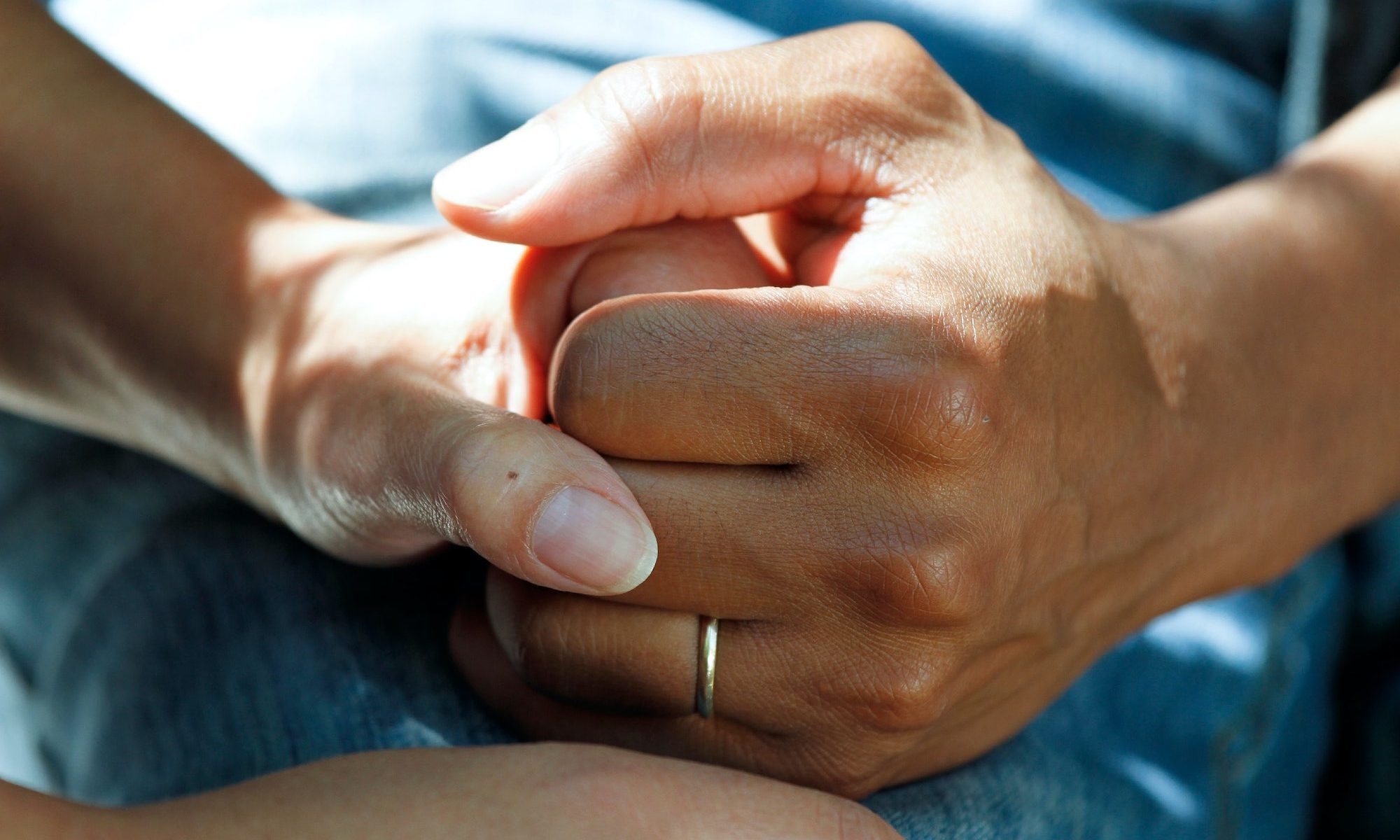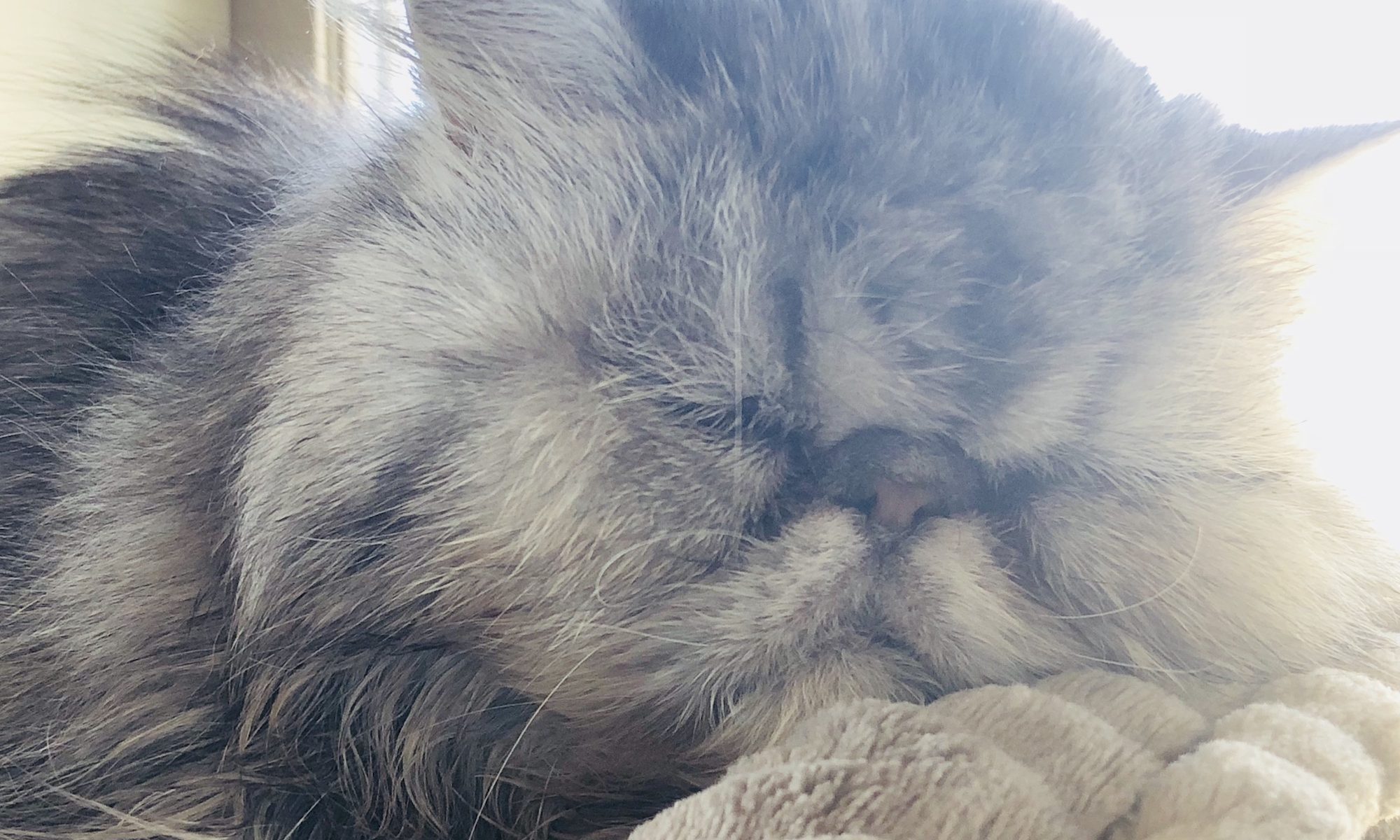I had the pleasure of speaking with someone recently who said that as a bereaved parent, nothing’s changed throughout their grief experience of many years. These sentiments echo my own. I’ve been bereaved since 2005 after losing my daughter to suicide.
I’ve written before about my frustration as a bereaved parent, in that we really don’t talk about grief. Which makes the recovery process that much harder. But whenever I have it mirrored back to me through someone else’s experience, especially long-time grievers, I think it’s important to talk about again. And again. Because nobody knows when their world is going to be rocked by a loss or something else that can feel almost as devastating. Read on to discover the 5 ways to change this.
Continue reading “Why we don’t talk about grief and 5 ways to change this”









